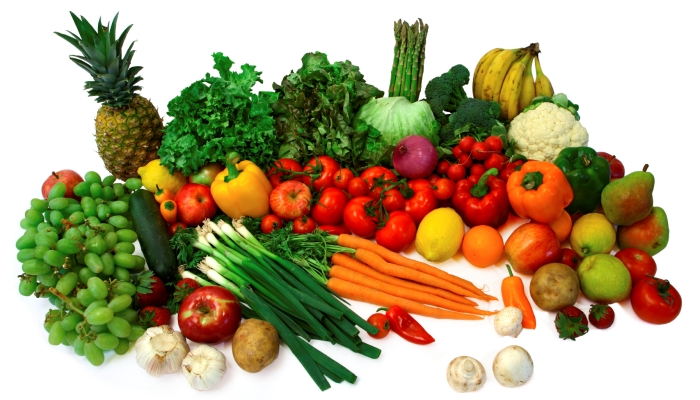Pros and Cons of becoming a vegetarian

In the overall world, vegetarian diets have gained extreme popularity, and most people are becoming vegetarian due to ethical reasons involving animal rights and for better health. Lacto-Ovo, ovo, Lacto, vegans and partial vegetarians are some categories of being a vegetarian. It is naturally low in fats and high in fibre, and there are many pros and cons to vegetarianism. Before you change your lifestyle to become a vegetarian, you have to know the pros and cons of becoming a vegetarian.
Benefits of being a vegetarian
Low blood pressure
It is found that people eating a vegetarian diet could be a good way to treat high blood pressure without medication. Even people with high blood pressure can eliminate the need for medication by beginning a vegetarian diet.
Reduced risk of cancer
The study found that diets high in animal protein were associated with four times more cancer death risk compared to high protein diets based on plant-derived protein sources. Vegetarians show up to 40% less chance of developing cancer. Other than non-vegetarian foods, consuming fruits and vegetables will strengthen the immune system and help you to fight against cancer cells.
Lower risk of death
There is no wrong with eating non-vegetarian foods, but research shows that being a vegetarian has a lot of endless benefits which vegetarians tend to be healthier overall. It also shows that vegetarians tend to live 20% longer. Vegetarian food has no saturated fat and cholesterol that clogs arteries, so people who consume vegetarian food may be at a lower risk for chronic disease overall.
Improved digestion
A vegetarian diet can help to improve digestive health. You can avoid both constipation and diarrhoea by consuming food rich in fibre, and also you will feel fuller. One of the benefits of being a vegetarian is it will help to keep foods and waste moving smoothly through your system.
Better bone health
You might see that animal products are good for calcium and bone health, and they might force calcium out of the body. Osteoporosis is associated with progressive loss of bone mineral density (BMD) and compromised bone strength. It is found that osteoporosis rates are lower in countries where people eat mostly vegetarian diets.
Better weight control
When compared to the omnivore diet, people who follow vegetarian diets are less likely to become obese than individuals. More filling foods like veggies and beans will help to control the weight effectively.
Cons of being a vegetarian
Might lack some nutrients
When following some vegetarian diets, you might miss some of the nutrients like fatty acids, Vitamin B12, Vitamin D and Omega 3. When you don’t follow them with a properly planned meal, meeting protein needs gets hard. An additional effort is essential to ensure that your diet contains all the vitamins and minerals needed for good health.
Eating out can be a challenge
When you are a vegetarian, you might feel eating out can be a challenge since many restaurant menus are geared towards meat-eaters. The vegetarian offerings are mostly limited to dishes.
Not always a healthy food
There are health benefits to consuming a good balanced vegetarian diet, but there is an increasing number of heavily processed vegetarian foods these days. They contain more fat, added calories and sugar. Other than just consuming gains and readymade goods, try to include many veggies and greens in your diet.
Wrapping it up
Though vegetarian diets are healthy and help prevent chronic diseases, it is not good when you process vegetarian food is all you are eating. You can approach your dietician to ensure it is the right eating plan for your health.